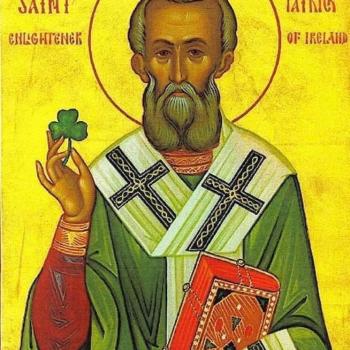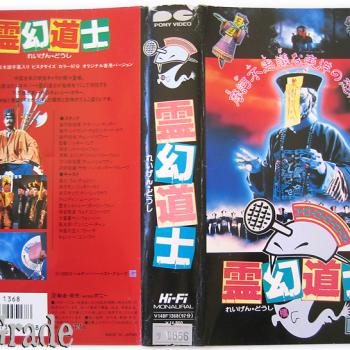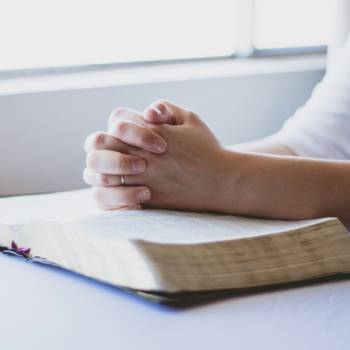Every year, dozens of books are published that debate the merits of capitalism historically, politically, culturally, and sometimes theologically. Very few books in this area, though, are authored by a priest who is exceptionally skilled at thinking theologically about economic concepts, policy, and reality. Enter Father Robert Sirico and his latest book, Defending the Free Market: The Moral Case for a Free Economy.
Fr. Sirico is the co-founder and president of the Acton Institute for the Study of Religion and Liberty, an "outside-the-beltway" educational institution aimed at promoting "a free and virtuous society characterized by individual liberty and sustained by religious principles." For over twenty years, Acton has been a public and behind-the-scenes catalyst for helping business leaders, pastors, scholars and laity alike to think theologically and historically about a society that preserves and flourishes human dignity. In many ways, one might sum-up Acton's message as not, "It's the economy, stupid!" but, "It's the anthropological!" that matters and underwrites how we think about a whole range of societal issues.
Defending the Free Market represents Sirico's seasoned articulation about the value of ordered freedom, human flourishing, and the free market. In some sense, the book is like "Acton University" (happening this week in Grand Rapids, Michigan for 700+ attendees) in book form. Finally, with regard to one's experience of reading Fr. Robert, I first recommend listening to some audio/video of him, if you have never heard him. I encourage readers to listen to some of his talks and get a feel for the tone and texture of his communication; it's an important medium that shapes his message through his vocation as a priest (perhaps his talk on "Christian Poverty in an Age of Prosperity" might be worthwhile for this occasion).
In our Patheos.com interview, Fr. Robert discusses the meaning and morality of capitalism and a free economy, misunderstandings about the free economy and what it entails, and church issues in a free society.
As you know, "capitalism" and "free markets" often invoke all sorts of various (even contradictory) images and ideas for different people. I want to start by having you articulate what it is that you are defending in this book in order to help readers break through some of the "noise" that's out there on this topic.
The word "capitalism" itself has Marxist connotations and is, to my mind, too narrow for the free economy I am talking about. Every sort of state or crony capitalist venture gets to use the name capitalism, and I am as suspicious of corporate welfare as I am for other kinds of welfare—and for many of the same reasons.
What would be a better way to nuance "capitalism"?
I really find helpful Blessed John Paul II's delineation between what might be called "capitalisms" in his 1991 encyclical Centesimus Annus where he says that the kind of "capitalism" which should replace the collapsed Communist regimes in Central and Eastern Europe and recommended to the developing world ought to be one "which recognizes the fundamental and positive role of business, the market, private property, and the resulting responsibility for the means of production, as well as free human creativity in the economic sector..." but then he is quick to add, "even though it would perhaps be more appropriate to speak of a "business economy," "market economy," or simply "free economy" (see Centesimus Annus, no. 42). Such an expression of human liberty, grounded in ethical and religious tradition—especially natural law reasoning—and circumscribed by law, is to my mind, the best we can get on earth. This approach is neither libertine nor anarchistic.
A moral case for a "free economy" has been approached in various ways, historically speaking. How do you approach your "case" and why does that matter?
I suppose you could say that my approach begins and ends in the anthropological: a consideration of who man is in his corporality and his transcendence, and likewise in his freedom and relatedness. Humans act to fulfill a need, but they don't act like any other animal because every animal, except man, acts on instinct. Man, however, can transcend instinct and use his reason to create, sustain, and build. He normally does this via the use of property, which happens when he draws from nature and refashions or employs it in a way that it was not used before, offering to others who in turn value the exchange.




